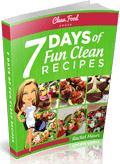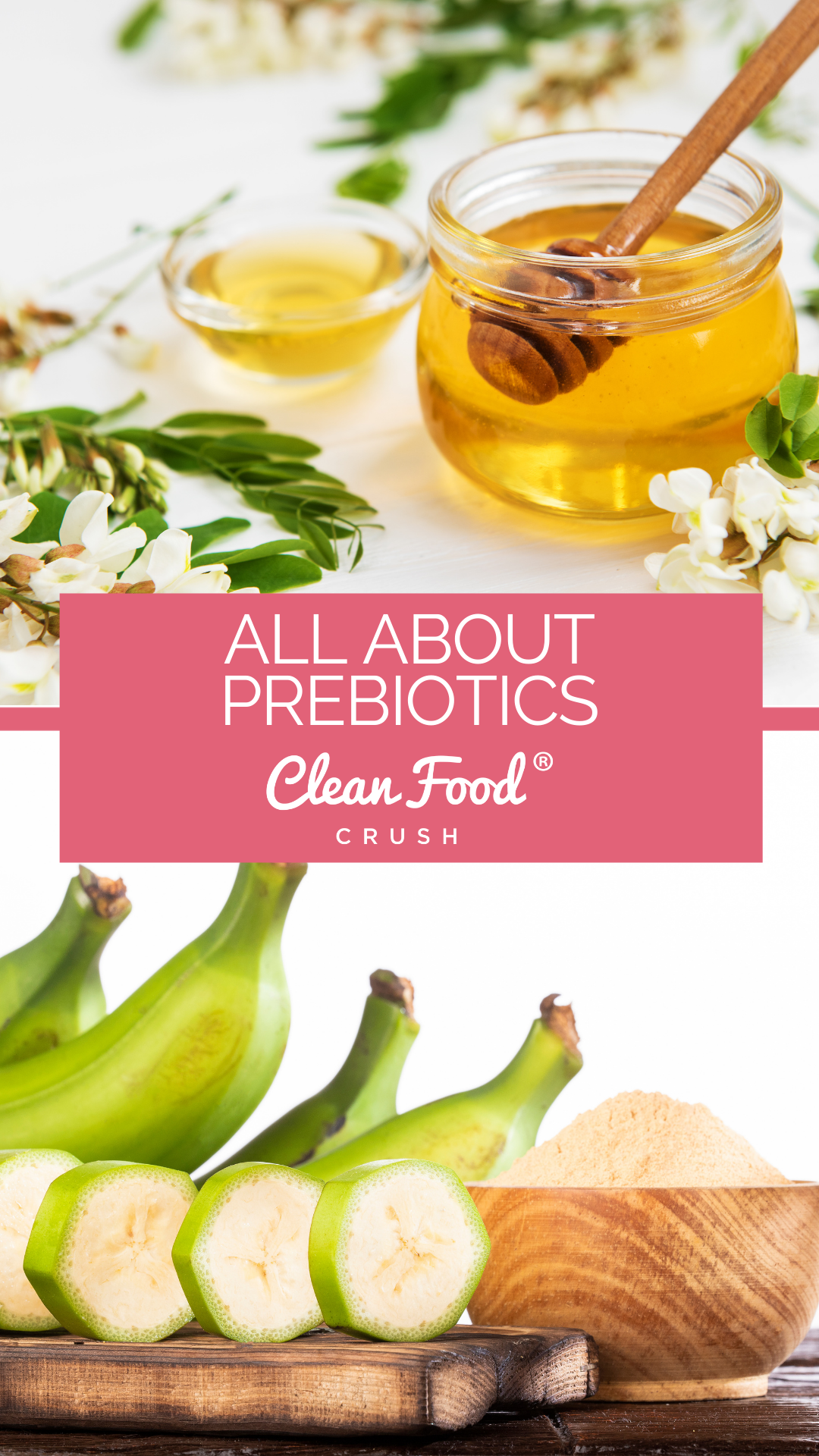

Prebiotics: What You Need To Know
You have likely heard a lot about probiotics, a hot topic in the healthcare world over the past few years! The media widely advertises them, and supermarket and drugstore shelves portray them prominently on the shelves.
On the other hand, prebiotics are much less talked about, and many people don’t know what they are. Since prebiotics are essential to the function of probiotics, understanding why they are important and making sure you are getting them in your diet can make a big difference in your health.
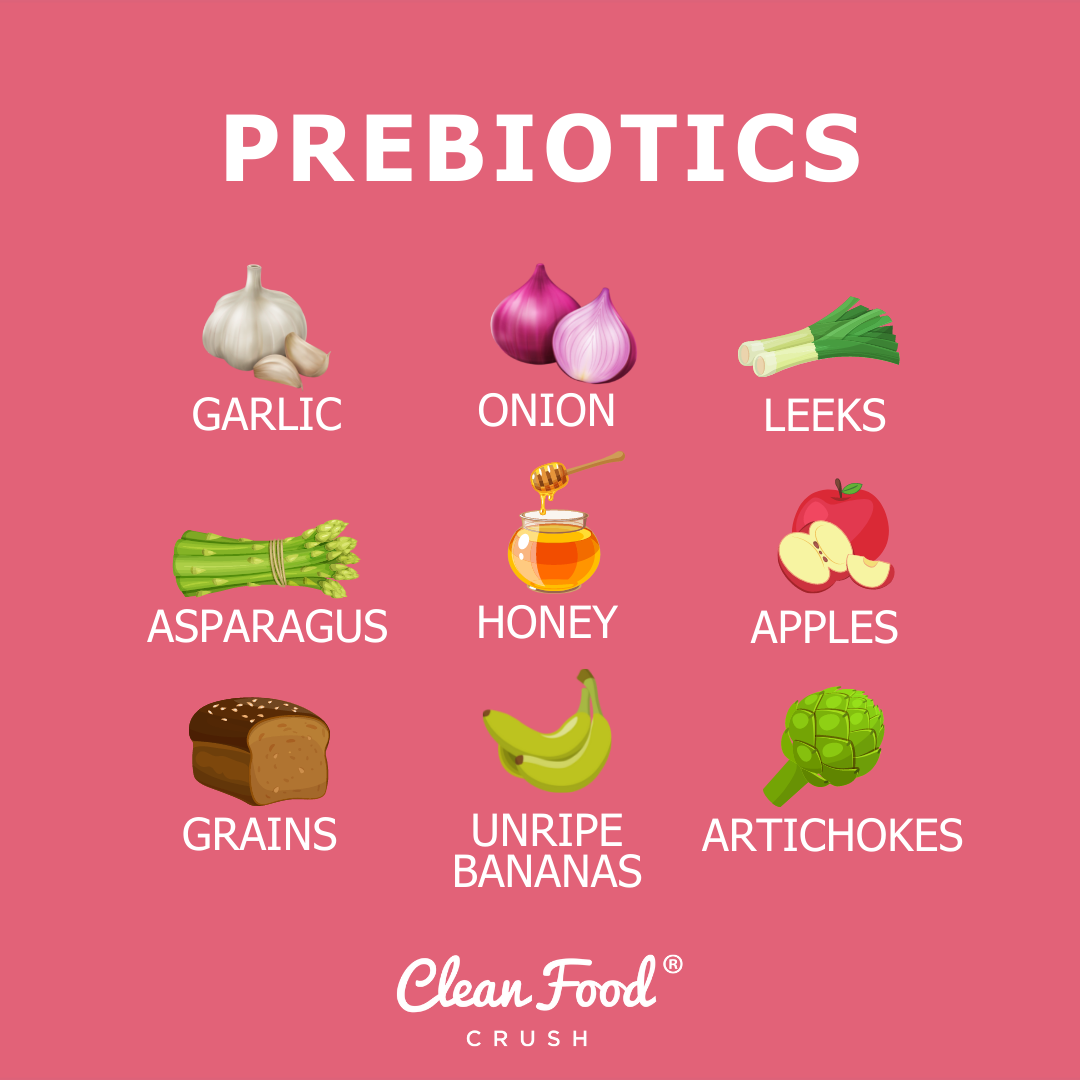
What Are Prebiotics and Why Are They Important?
Prebiotics are a type of indigestible carbohydrate, also known as dietary fiber. They serve as a form of fuel or “food” to probiotics, which are the beneficial bacteria in your gut. Since probiotics play many vital functions in your body, it’s essential to have enough prebiotics to do their job effectively and reap the health benefits (described more below). This is why you should get a combination of the two.
Pre and probiotics work together to create a healthy microbial environment in your digestive tract, known as your microbiome. The combination of the two in a food or supplement is known as a synbiotic, and it is this combination believed to have the most benefit on human health.
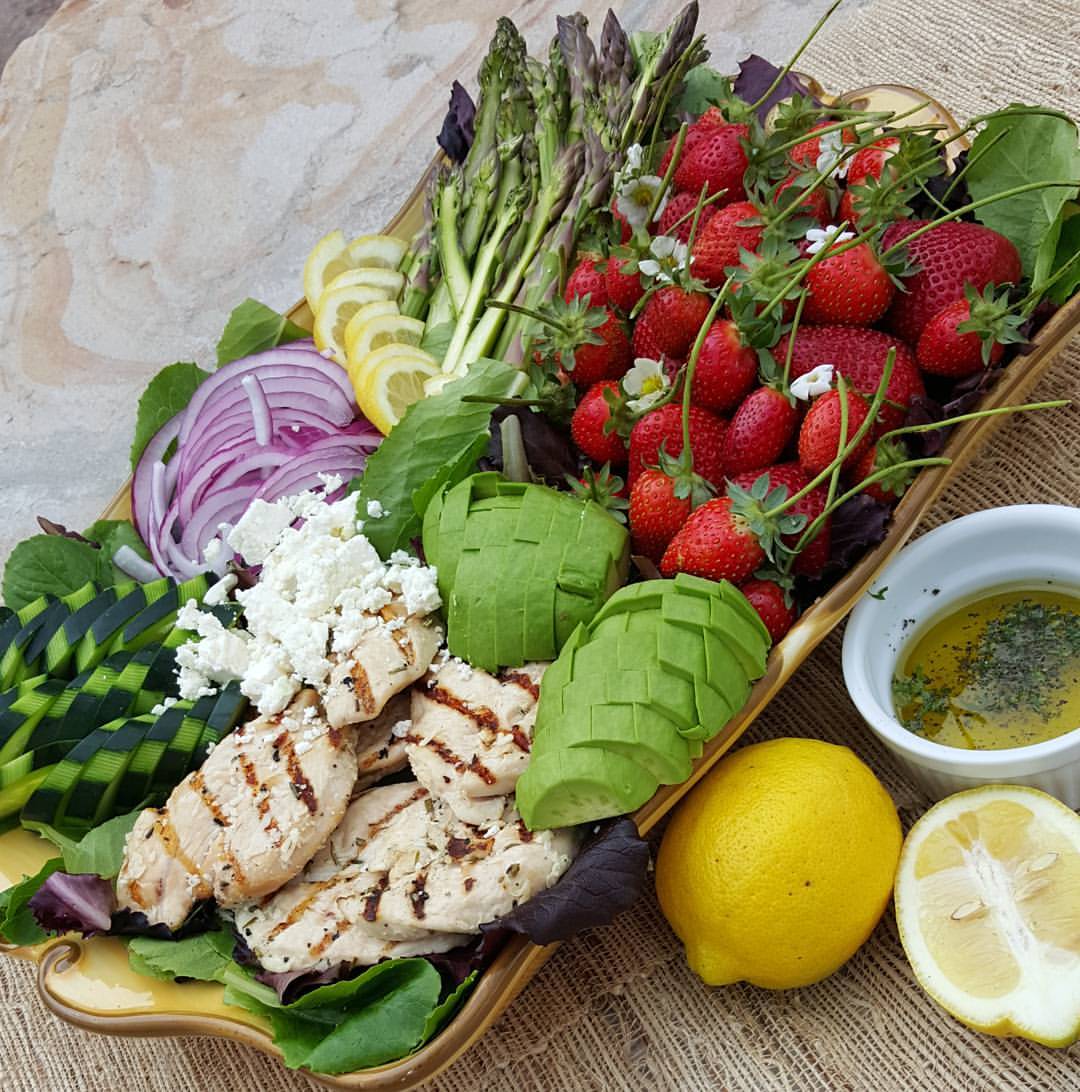
This California Cobb Salad is Prebiotic Goodness!
While it is common to think that prebiotics would only affect gut health, the benefits extend far beyond that. Some of the ways that pre and probiotics support your health include:
- Reducing the negative side effects of antibiotics
- Strengthening your immune system
- Helping to support a healthy weight and protect against obesity
- Helping manage digestive conditions like irritable bowel syndrome and inflammatory bowel disease
- Improve nutrient absorption from food
- Improve mental and emotional well-being including possibly improving symptoms of anxiety and depression
- Protecting against or helping manage many other conditions including high cholesterol, high blood pressure, and skin disorders.
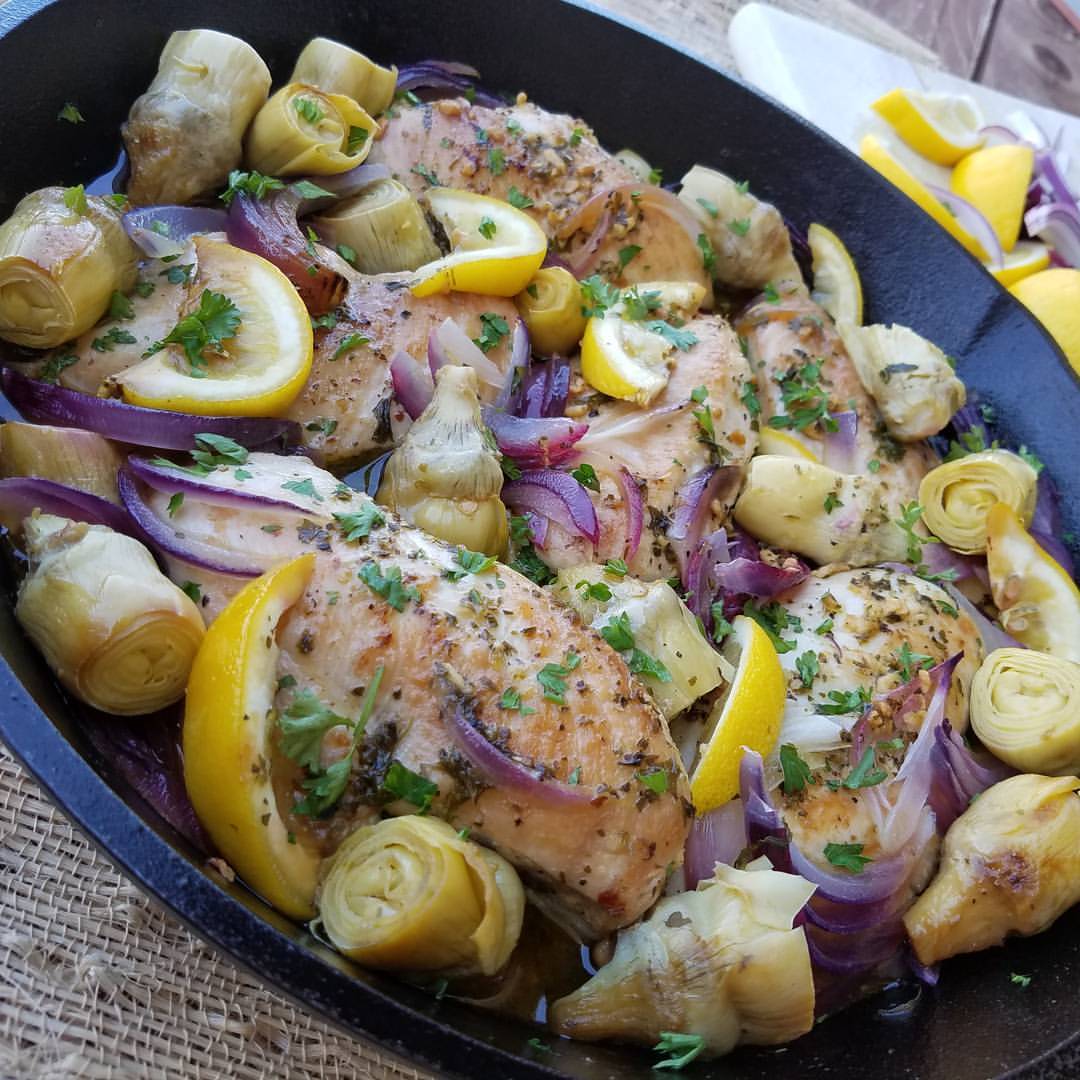
This One Pan Lemon Artichoke recipe is super quick, super tasty and has plenty of prebiotics!
Where are Prebiotics Found?
Given the numerous health benefits of prebiotics, it’s essential to ensure you’re consistently getting them in your diet. While all prebiotics are a type of fiber, not all sources of fiber serve as prebiotics. However, eating a diet high in fiber benefits your digestive system and can help you get enough prebiotics.
Below are some of the most common food sources of prebiotics:
- Garlic
- Some vegetables, including onions, leeks, asparagus, and Jerusalem artichokes
- Certain fruits, including apples and unripe bananas
- Grains like wheat, barley & oats
- Chia and flax seeds
- Honey
- Seaweeds like spirulina
- Chicory root and inulin, which are often added to manufactured food products for their health benefits
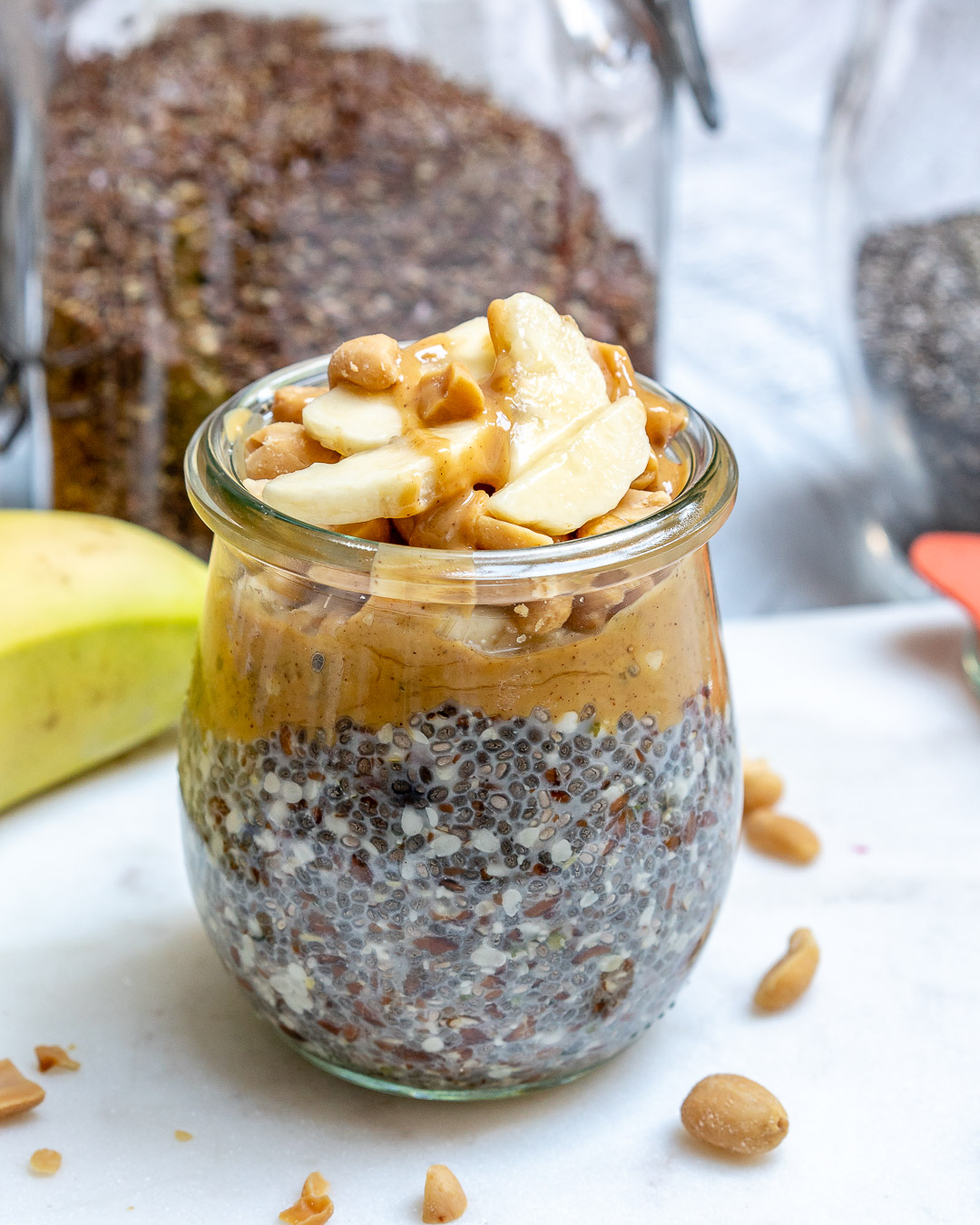
These Peanut Butter Banana Overnight No-Oats are full of prebiotics, flavor and are just healthy happiness in a jar!
On the other hand, probiotics are found in fermented foods and beverages like yogurt with live and active cultures, kefir (a type of fermented milk), fermented vegetables like kimchi, sauerkraut, kombucha, and tempeh. You can read more about probiotics in this post.
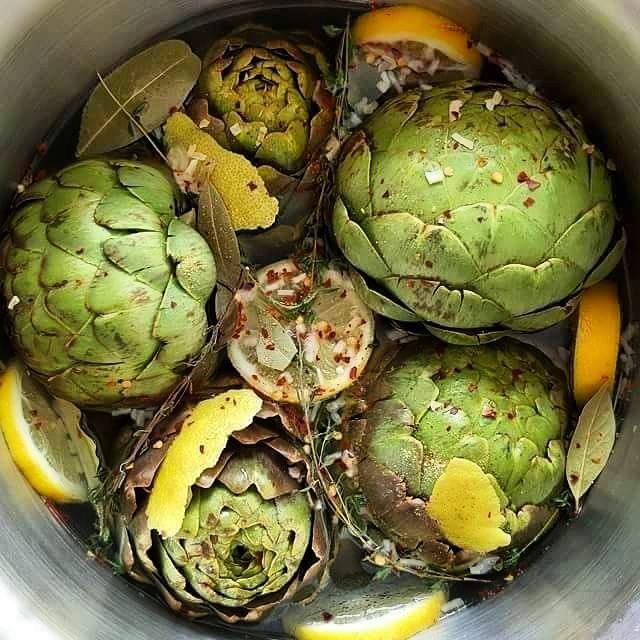
These Steamed Artichokes are a great source of prebiotics.
Both pre and probiotics can also be taken in supplement form. Taking them as a supplement can be especially effective since they often provide a larger quantity and can be consumed daily, rather than limited to the amount only found in foods. If you decide to take a supplement, it is always recommended to do your research, purchase from a reputable brand, and consult with your healthcare provider before starting a new supplement regimen.
Keep in mind that if you are new to consuming pre or probiotics, it is best to begin introducing them gradually to allow your digestive tract to adapt. Some sensitive individuals may experience digestive discomfort like bloating or gas, so be sure to monitor your symptoms and speak with your doctor or other healthcare professional about any concerns.
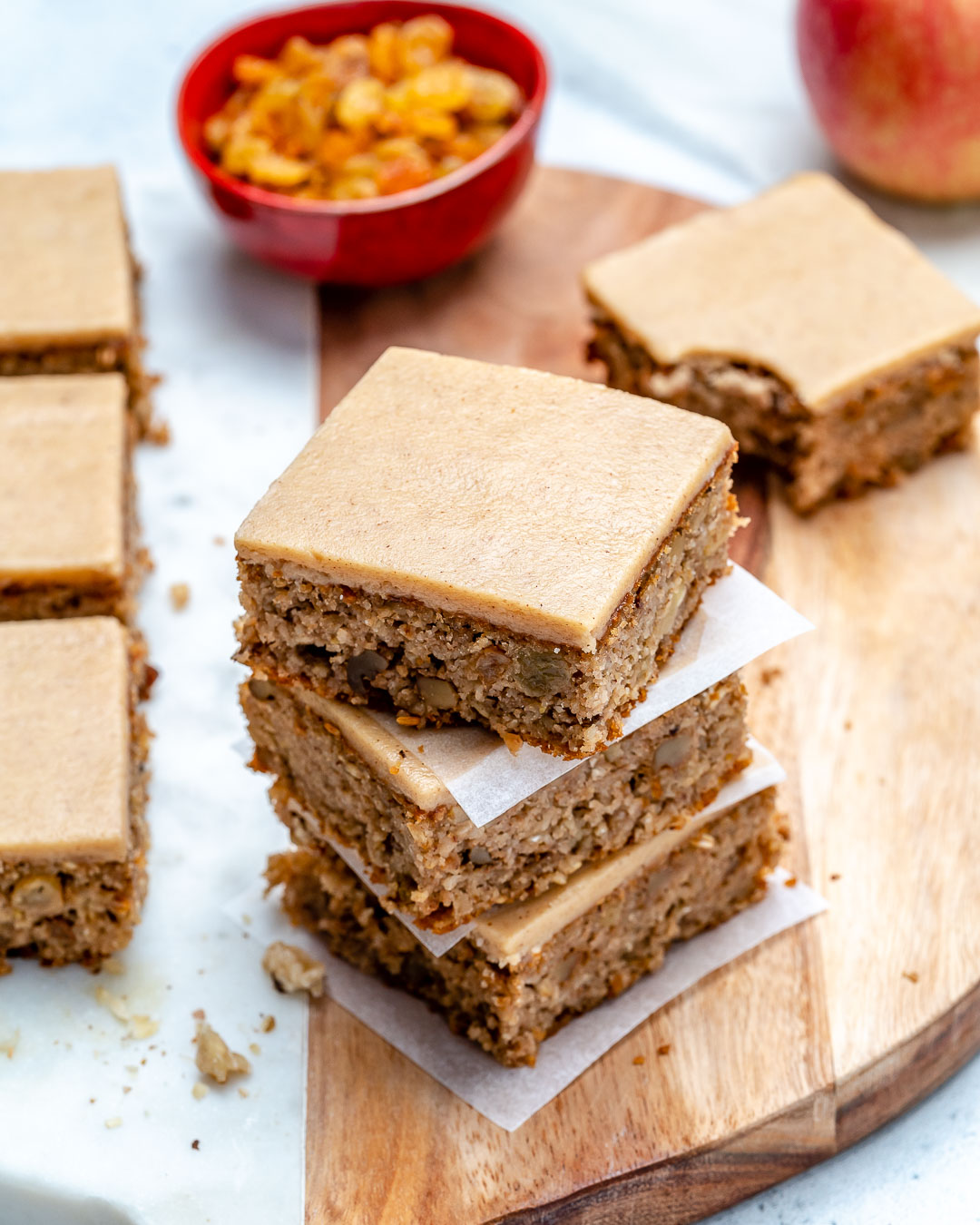
Rachel’s Peanut Butter Apple Pie Bars are LOADED with Prebiotics in apples, honey and oats. And they are SO, SO Good!
In Summary
Prebiotics serve a variety of important functions in your body by supporting the function of probiotics. They are often the missing piece needed to support the role of probiotics and help you achieve the many health benefits outlined above. Whether you choose to get pre and probiotics from food, supplements, or a combination of the two, doing so regularly is an excellent choice for your overall health.













